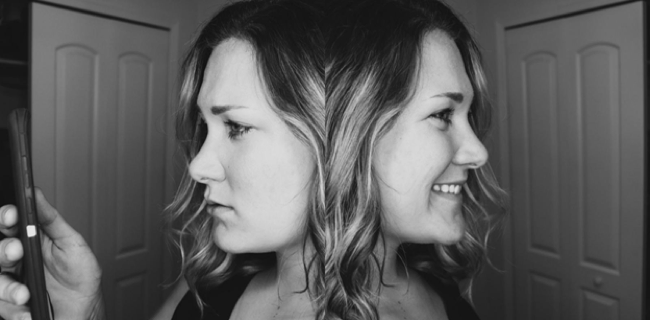By Ally Wall | gargoyle@flagler.edu
For most college students, social media is everywhere. There is no escape, and the endless scrolling is suffocating. Anxiety and depression have become the leeches of happiness; social media is sucking the authenticity of life out of its users. LED screens and artificial masks have consumed the technologically dependent generation and have left behind walking shells of unattainable perfection.
“I feel like people have taken social media and transformed it into a world of objectification,” said Munezah Ayotte, a Flagler College student. “People take social media and use it to make false assumptions about me that I feel I have to live up to.”
More and more, college students say campuses are polluted with students who feel as though they are living a double life.
In a typical month, 98 percent of people ages 18 to 24 use social media, according to research from Experian Simmons.
“Social media has given us an unprecedented ability to present an edited, cleaned up version of ourselves and our reality,” said St. Augustine based Physician’s Assistant Emily Gheret. “These image corrected lies that are fed through social media are causing detrimental alterations in real life.”
Out of the 82 percent of Americans who have shared a photo online, almost 64 percent admit to editing a photo before posting, a 2017 poll from Truepic reported.
Social media is a platform where young adults post the best photos of themselves to portray their ‘perfect world.’ In this digital universe of falsities, anxiety is reaching new heights.
“I struggled with anxiety last semester from the toxicity I found online,” Ayotte said. “This summer, I took a break from social media for an entire month. I learned to love myself again.”
Anxiety has taken hold of an entire generation; many have lost the ability to hold valuable face-to-face conversations. According to the Anxiety and Depression Association of America [ADAA], social anxiety disorder affects 15 million people in the U.S. Symptoms may be so extreme that they disrupt daily life and can interfere with occupational performance and social life, they reported.
There is no more hiding. Feelings are constantly being hurt, and people who are hurt constantly have feelings of not being good enough. Gehret believes there would be a universal realization that no one is perfect if everyone took a moment to be more real and vulnerable with each other. As a medical professional, she also believes limiting the time spent on social media will improve feelings of loneliness, anxiety and depression.
Lifehack, a self-help online publication, supplies a list on how to manage a social media addiction: track online time, go outside and spend more time with friends and family.
Limiting social media use to 30 minutes a day can lead to better mental health overall, a study from the Journal of Social and Clinical Psychology reported.
Ayotte said it best, “The value of my life can’t be measured by the number of likes my photos receive.”




Be the first to comment on "Social media leeches happiness"